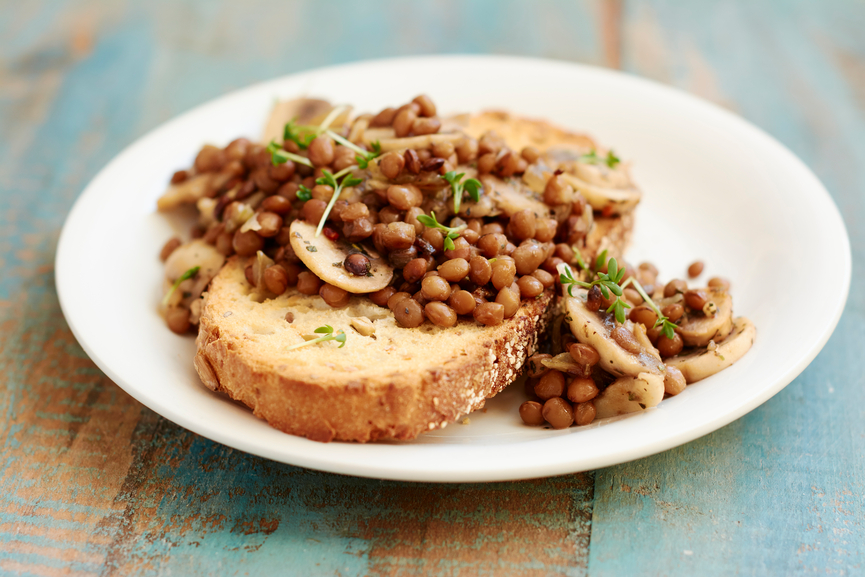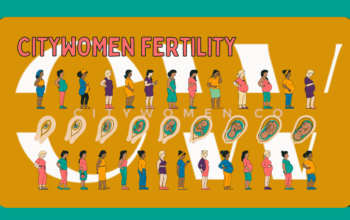
March 04, 2020 at 09:00PM by CWC
I’m a canned beans hoarder. Black, kidney, garbanzo—you name it, I’ve got it. I like beans, but I don’t love them. I’m truly just a sucker for a sale, and grab a few cans nearly every time I go to the grocery store. But how long will my stockpile last? Does canned food expire?
“In general, canned food has a shelf life of about two years from date of purchase,” says Vandana Sheth, RDN, a registered dietitian nutritionist in Los Angeles. Angela Lemond, RDN, a registered dietitian nutritionist based in Texas says the shelf life varies from product to product. “High acid foods like pineapples and tomatoes last about a year to 18 months. Other canned foods like vegetables or shelf-stable meats last between 2 to 5 years.” She points to the USDA shelf-stable food storage chart for more detailed guidance.
Ron Giles, director of quality assurance at Goya Foods, explains why the canned food industry prefers to use “best by” dates rather than expiration dates. “Canned foods do not expire on a certain date,” he tells Today. “One cannot say that the canned food is good on one day and not good the next day. Canned foods are under a vacuum. The absence of oxygen helps to extend the shelf life of canned foods.”
Sheth, the author of My Indian Table, says that you have to read the dates on the can closely. “The best if used by date is telling you that the food will be at its top quality when stored properly until that date. However, the food will continue to be sate to eat after that date but may not taste as good,” she says. “The expiration date is the date after which the food is not safe to be eaten.”
ADVERTISEMENT
ADVERTISEMENTKate Spade Autumn/Winter Sale |
To get the most out of your canned foods, Lemond says you should store them in a cool dark place. Avoid using cans that are dented, bulging, rusted, or leaking cans, as she says those are signs air could have entered and allowed bacteria to grow. “Bad smell, bubbles, spurting liquid when opened, or even hissing are signs that bacteria has most likely entered the can,” she says. She adds to clean the lid of the can before you open it, to ensure dust and bacteria from the outside of the can don’t mix in with your food.
If you tend to over-shop like I do, Lemond says to make list of the canned foods you regularly use then beside each one, estimate how often you eat them. “This gives you a baseline amount that you use per month or quarter of the year,” she says. Also, Sheth says to practice the first-in-first-out method, which means that you organize your cans so you eat the oldest ones first.
Got a can of chickpeas that need to be eaten? A dietitian breaks down the benefits:
These are the seven healthiest canned food items you should always have on hand, and these are the six healthiest canned soups, according to a dietitian.
Author Kara Jillian Brown | Well and Good
Selected by CWC

ADVERTISEMENT
ADVERTISEMENTUp to 30% off Gift Sets |







